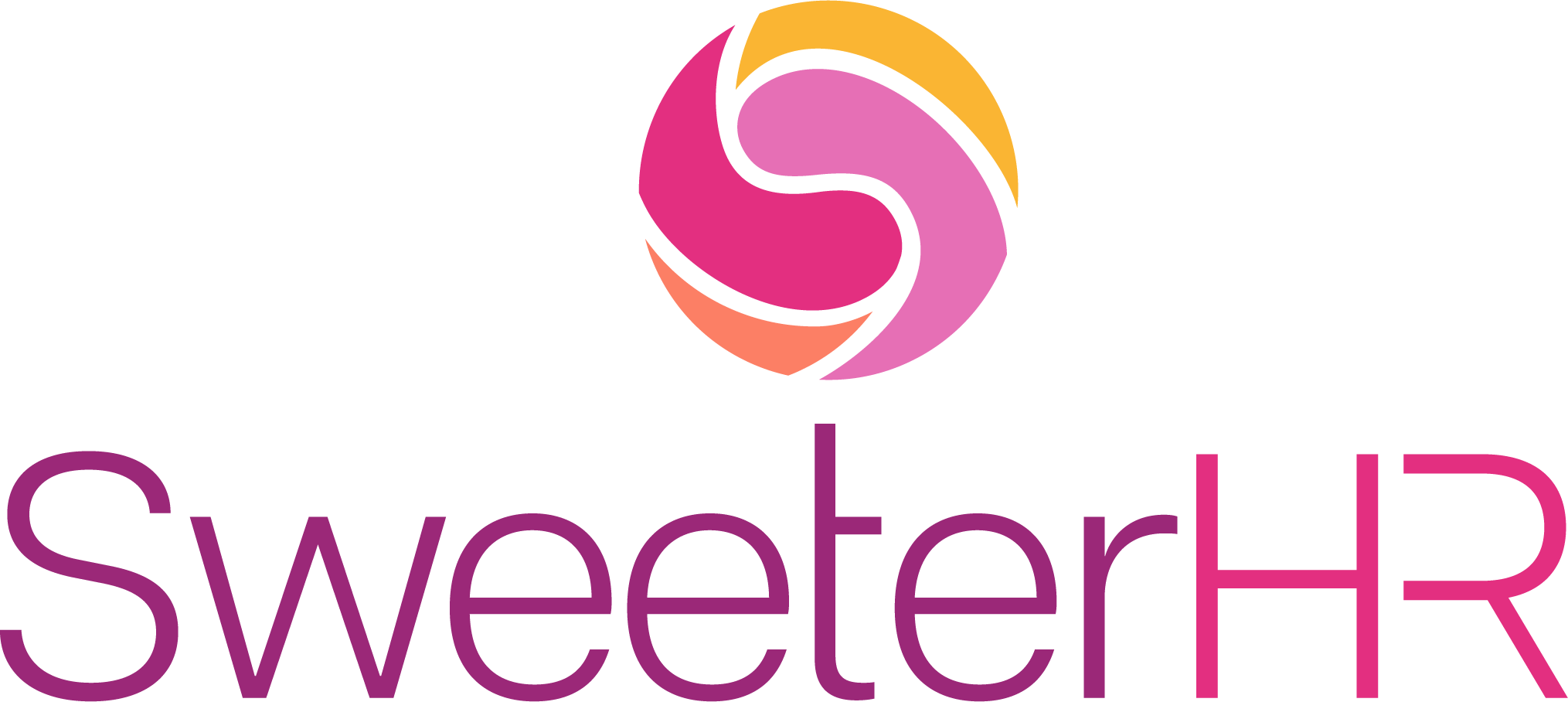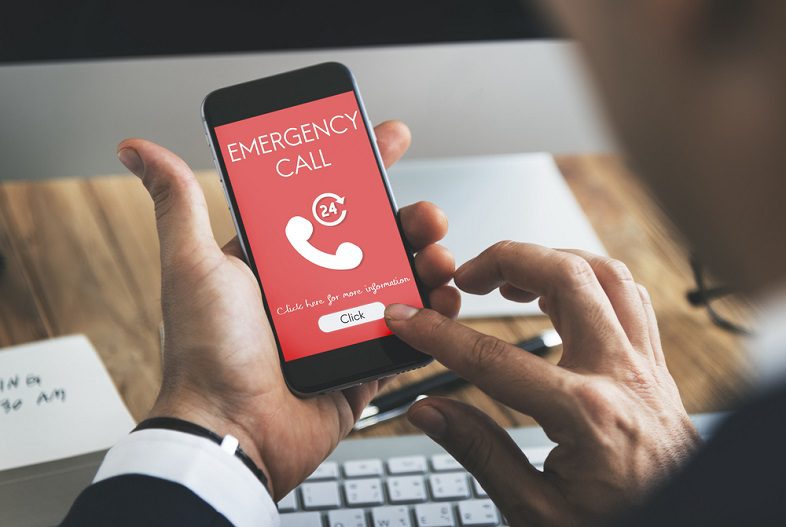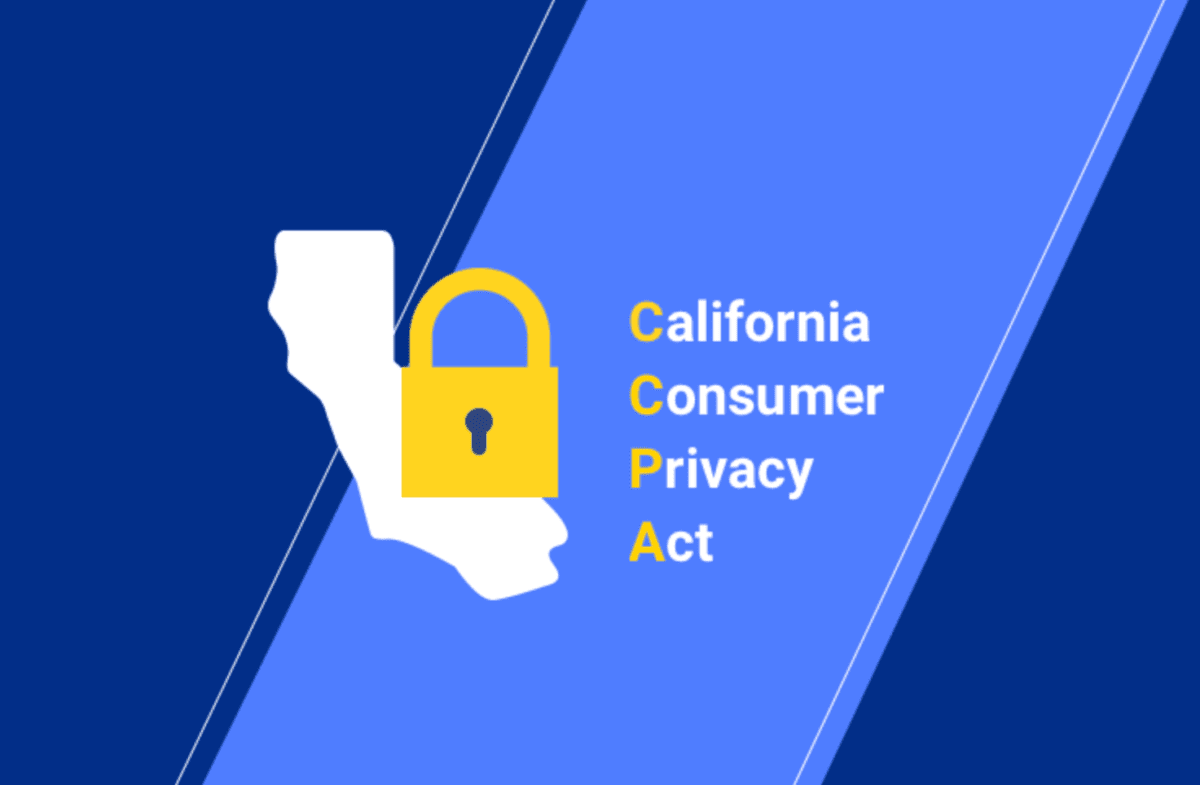Currently, employers routinely have policies requiring reporting regardless of emergencies. They also prohibit using personal cell phones during working time. A new law requires an exception. The exception is an “emergency condition”.
In the event of an emergency condition, an employer shall not do either of the following:
Take or threaten adverse action against any employee for refusing to report to, or leaving, a workplace or worksite within the affected area because the employee has a reasonable belief that the workplace or work site is unsafe.
Prevent any employee from accessing the employee’s mobile device or other communications device for seeking emergency assistance, assessing the safety of the situation, or communicating with a person to verify their safety.
Exceptions
Reporting to unsafe working areas does not apply to
First responders/disaster workers
Employees required by law to render aid
Employee or contractor of a healthcare facility who provides patient care
Govt contractors for emergency services
Bank employees
Transportation employees participating in evacuations
An employee whose primary duties include assisting members of the public to evacuate in case of emergency
*The law does not apply when emergency conditions that pose “an imminent and ongoing risk of harm to the workplace, the worksite, or the worker’s home have ceased.” An “emergency condition” does not include pandemic.


